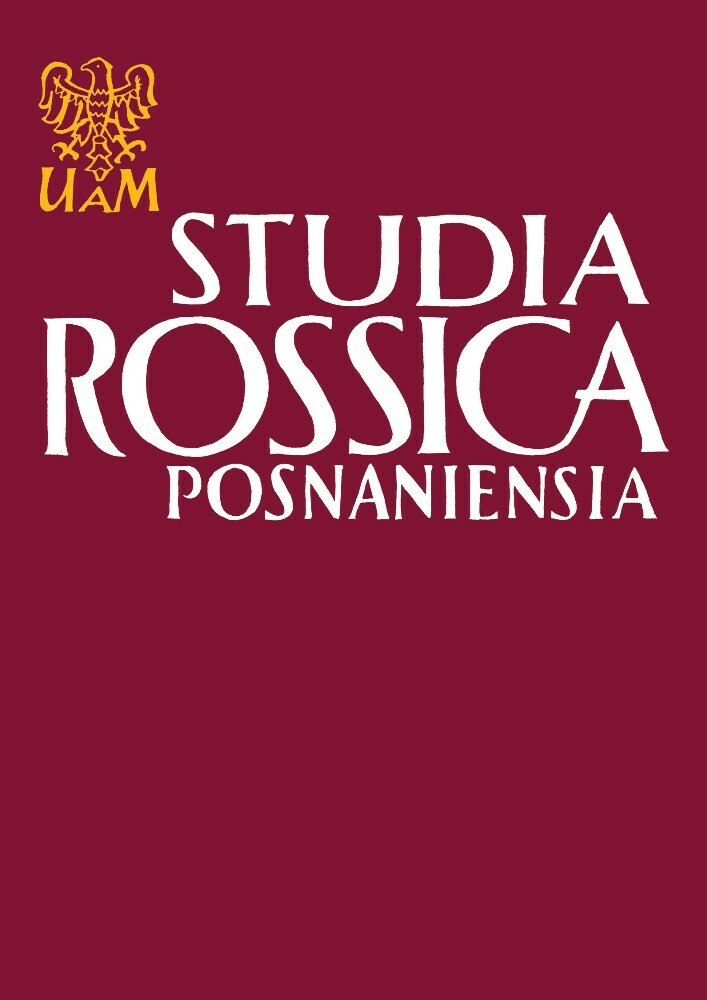Abstrakt
The dialect of Old-Believers, who have lived in Poland on North-Eastern borderlands since the end of 18th century, has retained its Russian, Pskovian character for a long time. After World War II it became an island dialect, and in the last 30–40 years, due to a number of reasons, it started to change under growing Polish influence. The influence is visible mainly on lexical, syntactic and phonetic levels and leads to hybridization, i.e. such a change by which one of the languages provides a formal grammatical frame for functioning of the phenomena taken from both of them. In the case in question, Russian morphology is such a frame for emerging hybrid-dialect, and it allows to preserve its Russian dialectal characteristics.Licencja
Copyright
© 2010 Uniwersytet im. Adama Mickiewicza w Poznaniu
OPEN ACCESS
